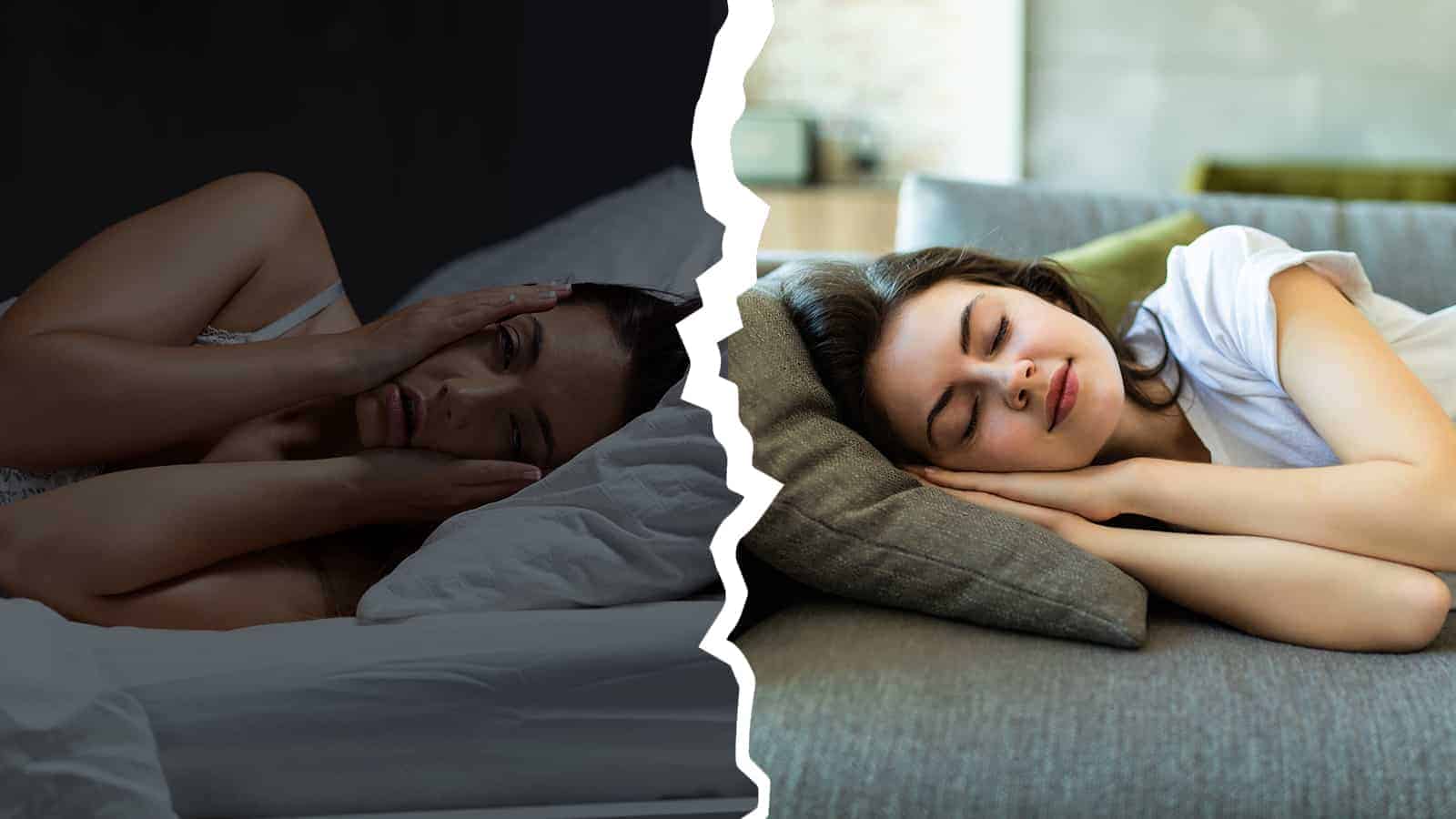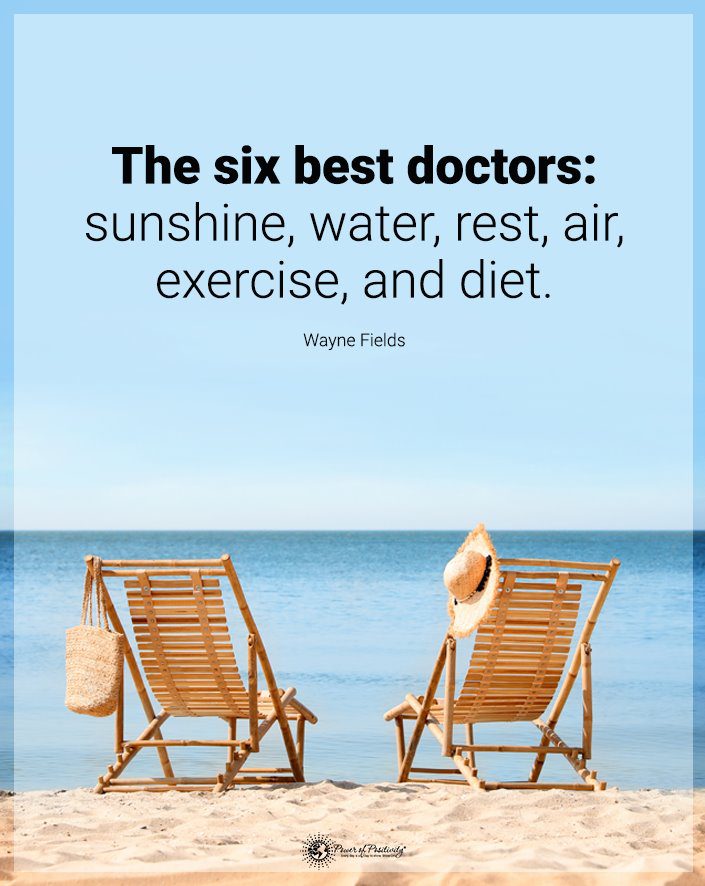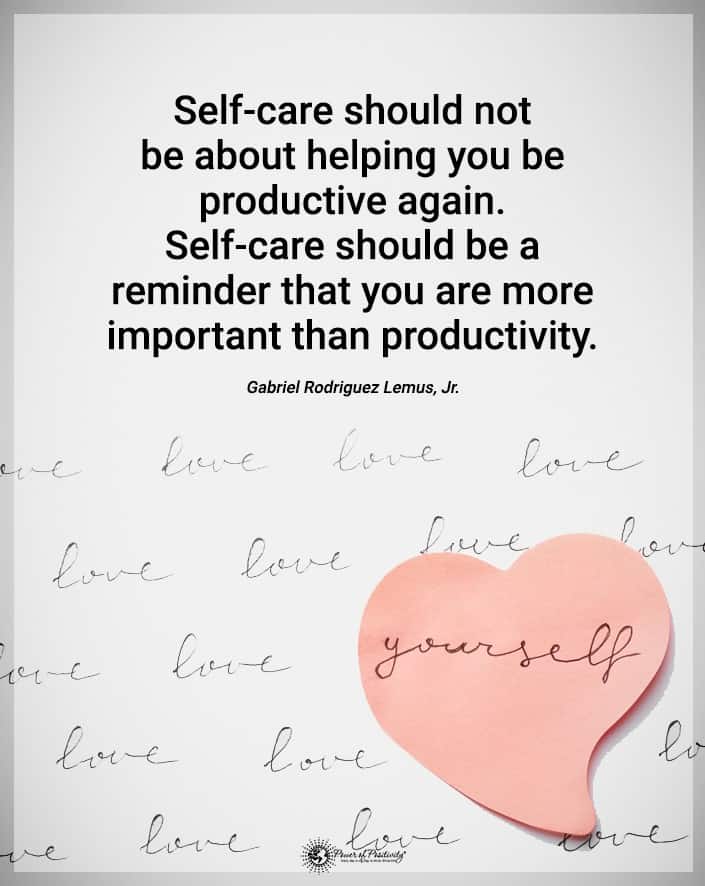After a restless night’s sleep, a cat nap may sound tempting. Unfortunately, a new Michigan State University sleep deprivation study found that daytime naps don’t counteract the effects of losing sleep.
“We are interested in understanding cognitive deficits associated with sleep deprivation. In this study, we wanted to know if a short nap during the deprivation period would mitigate these deficits,” said Kimberly Fenn, associate professor of MSU, study author, and director of MSU’s Sleep and Learning Lab. “We found that short naps of 30 or 60 minutes did not show any measurable effects.”
Published in the journal Sleep, the study marks one of the first to analyze the effectiveness of cat naps. For people with packed schedules, short naps can help them power through the day. However, MSU’s Sleep and Learning Lab discovered that these power naps couldn’t substitute for quality sleep at night. On the plus side, they did observe some noticeable benefits of daytime naps.
Dr. Fenn Said:
“While short naps didn’t show measurable effects on relieving the effects of sleep deprivation, we found that the amount of slow-wave sleep that participants obtained during the nap were related to reduced impairments associated with sleep deprivation.”
Slow-wave sleep (SWS), or deep sleep, is considered the most restorative sleep stage. It’s characterized by high amplitude, low frequency brain waves called delta waves. During this sleep stage, your body and muscles relax completely. Your heart rate and breathing also become the slowest in slow-wave sleep.
“SWS is the most important stage of sleep,” Fenn said. “When someone goes without sleep for a period of time, even just during the day, they build up a need for sleep; in particular, they build up a need for SWS. When individuals go to sleep each night, they will soon enter into SWS and spend a substantial amount of time in this stage.”
A MSU Sleep Deprivation Study Proves That Naps Don’t Help.
The study on the effect of naps on sleep deprivation involved 275-college aged participants. Fenn’s research team included MSU colleague Erik Altmann, professor of psychology, and Michelle Stepan, a recent MSU alumna currently working at the University of Pittsburgh.
At the beginning of the study, participants performed cognitive tasks when they arrived at MSU’s sleep lab. Then, researchers assigned them randomly to three groups:
- The first group got sent home to sleep;
- The second remained at the lab overnight and had the option of taking either a thirty or sixty-minute nap;
- The third didn’t take any naps to counteract sleep deprivation.
The following morning, all participants gathered back at the lab for the second round of cognitive tasks. This measured attention and place keeping, or the ability to complete steps in order without repeating or skipping them, even after being interrupted.
Fenn said this:
“The group that stayed overnight and took short naps still suffered from the effects of sleep deprivation and made significantly more errors on the tasks than their counterparts who went home and obtained a full night of sleep. However, every 10-minute increase in SWS reduced errors after interruptions by about 4%.”
While the numbers may seem insignificant, Fenn said a 4% decrease in errors could save lives. For example, consider the types of errors that could occur in sleep-deprived surgeons, police officers, or truck drivers. In these careers, a few cat naps could actually make the difference between life and death.
“Individuals who obtained more SWS tended to show reduced errors on both tasks. However, they still showed worse performance than the participants who slept,” she said.
Fenn hopes the research will encourage more people to make quality sleep a priority. The study also proves that naps, even if they include SWS, can’t substitute for a good night’s sleep.
Other ways sleep deprivation can impact health.
In addition to affecting your memory and cognitive performance, a lack of quality sleep can pose other dangers. Sleep deprivation has been associated with the following:
- Falling asleep while driving, which can lead to serious injuries or death. The Institute of Medicine estimates that 20% of all motor vehicle crashes in the US are caused by drowsy driving. This equates to around 1 million crashes, 500,000 injuries, and 8,000 deaths annually.
- It can make you dehydrated. A study by Penn State also published in the journal Sleep analyzed how sleep affects hydration in American and Chinese adults. Researchers found that adults who slept six or fewer hours per night had a 16-59% higher chance of being dehydrated. When you sleep, your body releases a hormone called vasopressin that regulates hydration. Sleep deprivation causes this hormone to become imbalanced, which therefore leads to dehydration.
- Sleep deprivation can cause weight gain. A study by the Endocrine Society found that losing just 30 minutes of sleep per day can negatively impact metabolism and weight. At the beginning of the study, participants with weekday sleep debt had a 72% higher risk of obesity. At the six-month mark, weekday sleep debt significantly increased the risk of obesity and insulin resistance.
How to improve sleep quality
If you frequently struggle to get a good night’s rest, these tips may help you:
- Turn off electronics a few hours before bed. The blue lights emitted from phone and computer screens can keep you awake at night.
- Maintain a regular sleep schedule. The body and mind love routine, so it’s important to have a consistent bedtime.
- Keep your room cool. Most experts recommend setting your thermostat to anywhere between 60-67 degrees Fahrenheit for a comfortable sleep.
Final thoughts on sleep deprivation study proving how naps can’t help make up for lost sleep
Many people believe that they can make up for lost sleep by taking naps. Unfortunately, a new study reveals that those cat naps can’t replace sound sleep at night. Researchers discovered that even naps that included the most restorative sleep, SWS, didn’t compare to a full night’s sleep. Participants who only took naps performed significantly worse on cognitive tasks compared to the group who slept normally.
The team hopes this study will reinforce the importance of sleep because we don’t get near enough in today’s fast-paced world of distractions.
















 Community
Community

